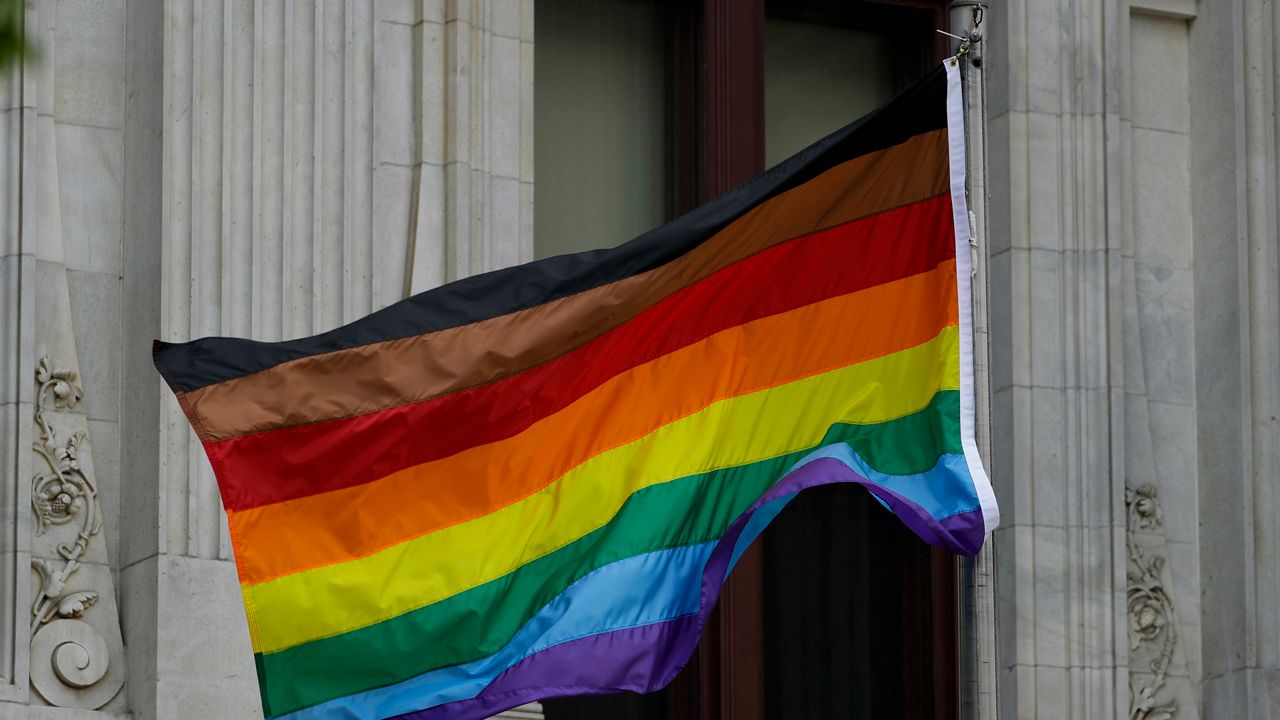A new report from the Trevor Project is painting a concerning picture of youth mental health within the LGBTQ+ community, saying nearly half of those in the cohort had “seriously considered” suicide within the past year alone.
The Trevor Project’s 2022 National Survey on LGBTQ Youth Mental Health, released this week, surveyed 33,993 individuals between the ages of 13 - 24 who self-identified as a member of the LGBTQ+ community. Of the respondents, around 45% said they had “seriously considered” suicide in the past year, and at least 14% had attempted suicide in the same time frame.
Those numbers change when separated by various age groups and other demographics. Exactly half of those between the ages of 13 - 17 reported feeling suicidal ideation, compared to 37% of individuals aged 18 - 24. Native and Indigenous respondents of all ages were more likely to have experienced such feelings, with 55% saying they had contemplated suicide compared to 43% of white respondents.
Even more LGBTQ+ youth reported feelings of anxiety or depression in the past year, according to the Trevor Project.
Data shows 73% of respondents reported anxiety-related symptoms while around 58% reported feelings of depression within the past year.
The reasons reported for the various feelings of anxiety, depression and suicidal thoughts varied widely by demographic and even geographical location of the respondent.
“Although our data continue to show high rates of mental health and suicide risk among LGBTQ young people, it is crucial to note that these rates vary widely based on the way LGBTQ youth are treated,” Dr. Myeshia Price, senior research scientist at The Trevor Project, wrote in the report.
Transgender and nonbinary youths were particularly concerned about the spate of anti-trans legislation being passed in GOP-led states, with 93% of transgender and nonbinary respondents saying they had worried about being denied access to gender-affirming care within the past year. Another 83% of transgender and nonbinary respondents said they were concerned about transgender youths being allowed to participate in sports activities because of local laws and regulations.
State lawmakers have, in recent months, pushed for restrictions on LGBTQ+ individuals that vary in both scope and scale.
In Alabama, for example, it is a crime for doctors to treat trans people under 19 with puberty blockers or hormones to help affirm their gender identity. In Florida, gay rights advocates are suing Gov. Ron DeSantis to block a new law that forbids classroom instruction on sexual orientation and gender identity in kindergarten through third grade. In Texas, Gov. Gregg Abbott has directed state agencies to consider placing transgender children in foster care, though a judge has temporarily blocked such investigations.
Just Wednesday, the main athletic association for Georgia high schools voted to ban transgender boys and girls from playing on the school sports teams matching their gender identity, saying instead that students must play on teams that match the sex listed on their birth certificates at birth.
“Recent political attacks aimed at transgender and nonbinary youth have not only threatened their access to health care, support systems, and affirming spaces at school, they’ve also negatively impacted their mental health,” Dr. Jonah DeChants, a research scientist for The Trevor Project, wrote in part.
Researchers noted an uptick in reported feelings of anxiety, depression and suicidal ideation between their 2020 report and now; reports of anxiety increased from 68% to 73% of respondents, depression from 55% to 58% and contemplating suicide from 40% to 45%. Those who reported having attempted suicide decreased from 15% to 14% in that same time period.
There are states attempting to combat such moves to restrict health care and other liberties for transgender children, in particular.
Lawmakers in both Minnesota and New York recently filed refuge state legislation, modeled after a bill proposed in March by state Sen. Scott Wiener in California, seeking to offer legal refuge to displaced transgender youth and their families. Democrats in 16 other states plan to follow suit, though about half of their legislatures are out of session or not currently accepting new bills.
The Associated Press contributed to this report.
If you or someone you know is struggling, help is available. Please call the National Suicide Prevention Lifeline at 800-273-8255, or text HOME to 741741 for support from the Crisis Text Line.



